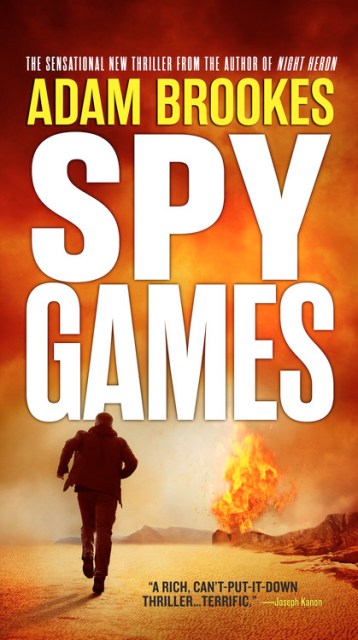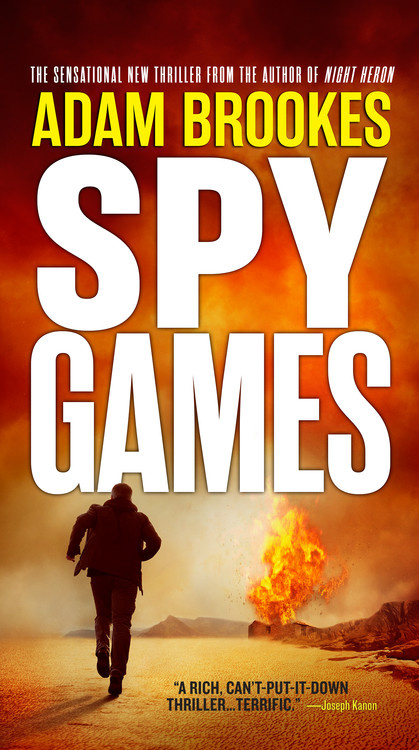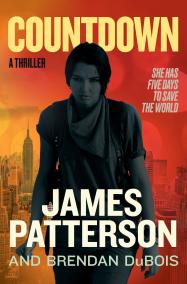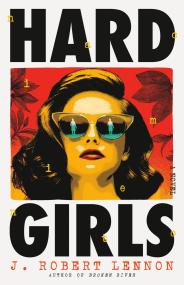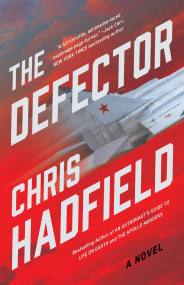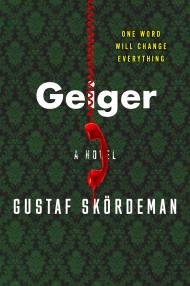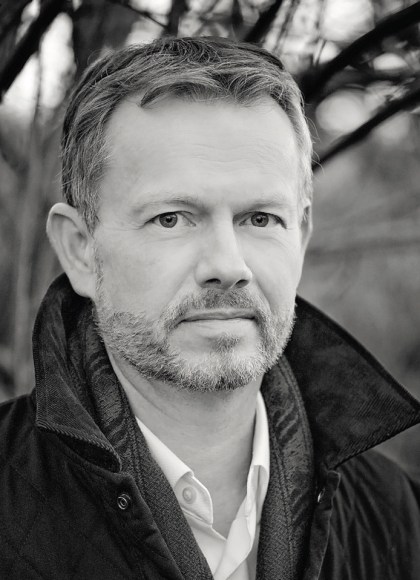Promotion
Use MOM24 for 20% off site wide + free shipping over $45
Spy Games
Contributors
By Adam Brookes
Formats and Prices
Price
$9.99Price
$12.99 CADFormat
Format:
- Mass Market $9.99 $12.99 CAD
- ebook $9.99 $12.99 CAD
- Audiobook Download (Unabridged)
This item is a preorder. Your payment method will be charged immediately, and the product is expected to ship on or around October 25, 2016. This date is subject to change due to shipping delays beyond our control.
Also available from:
Journalist Philip Mangan is trying to stay out of trouble in East Africa, his reputation and his life in tatters. But when he is caught in a terrorist attack in East Africa and a shadowy Chinese figure approaches him in the dead of night with information on the origins of the attack, Mangan is suddenly back in the eye of the storm.
Meanwhile, thousands of miles away on a humid Hong Kong night, a key British Intelligence source is murdered minutes after meeting spy Trish Patterson. From Washington, D.C. to the hallowed halls of Oxford University and dusty African streets, a sinister power is stirring, one which will use Mangan and Patterson as pawns — if they survive.
Deeply steeped in tension and paranoia, Adam Brookes’s second novel is a remarkable, groundbreaking spy thriller.
Genre:
- On Sale
- Oct 25, 2016
- Page Count
- 496 pages
- Publisher
- Redhook
- ISBN-13
- 9780316399890
By clicking 'Sign Up,' I acknowledge that I have read and agree to Hachette Book Group’s Privacy Policy and Terms of Use
